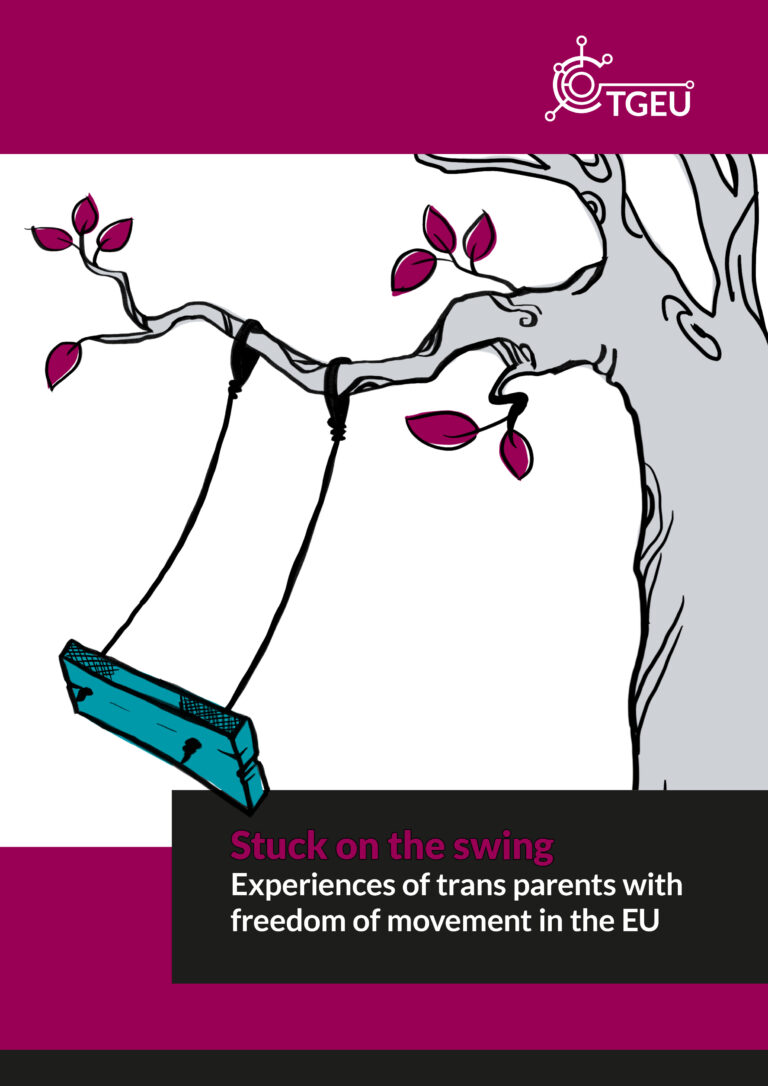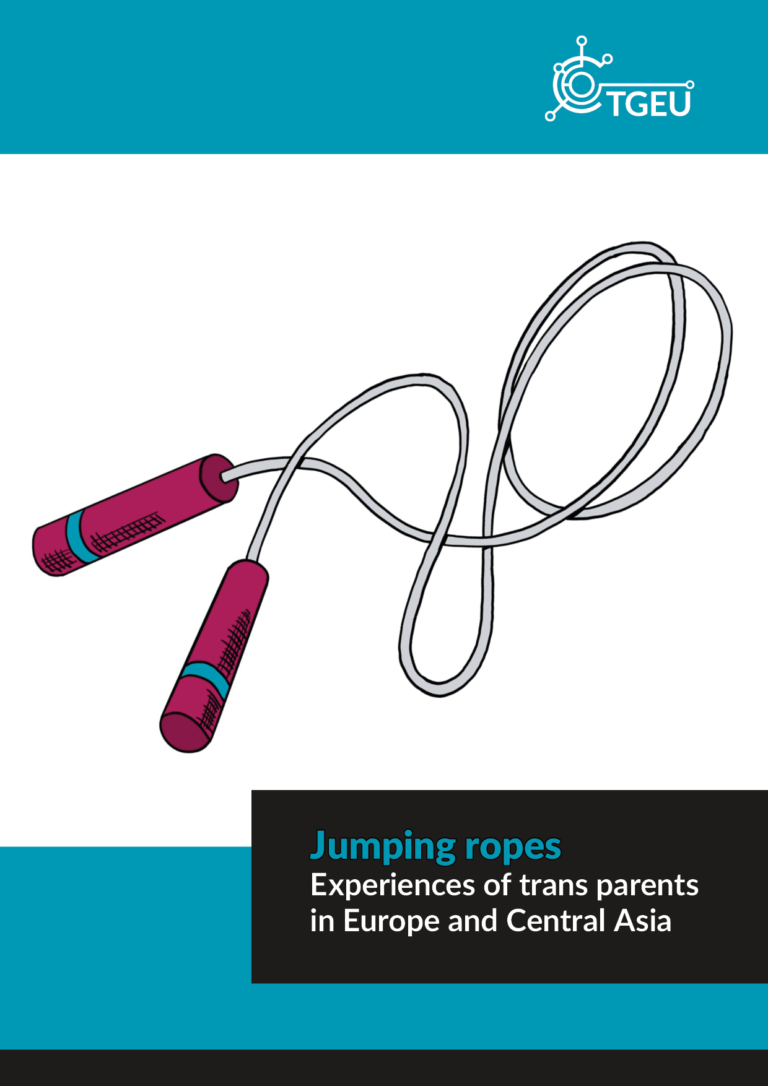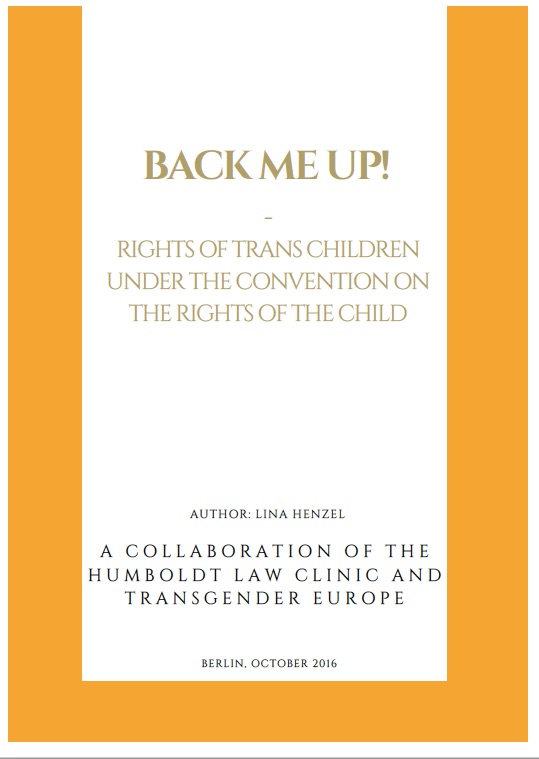Youth and families

Whether a child needs support exploring their gender identity or a parent wants to be listed under their correct gender on their child’s birth certificate, trans people often find themselves in systems not built for them.
What challenges do trans youth face?
More trans people feel confident coming out at younger ages. While this is a good sign, because it signals that people are more comfortable exploring and expressing their identity, there are still many issues.
Navigating legal gender recognition or accessing trans-specific healthcare can be particularly hard for trans youth. This is even more true for trans children who are still minors.
Trans children and youth need systems and procedures that are available for them, and support them in receiving care that is appropriate for their age and desires. This starts with ensuring they have a safe and supportive space to explore their identity, but carries over into making sure that trans youth and children are considered and included in laws and policies.
What challenges do trans parents face?
Trans parents are an often overlooked group. However, already nearly a quarter of trans people in Europe are parents. Many other trans people look forward to becoming parents one day. However, some legal gender recognition procedures still have sterilisation requirements.
On top of that, there are still many instances where LGBTI families can be subject to discrimination. This can be from treatment at their children’s school or beyond and leads many trans parents to not open up about their trans identities. This is compounded by the fact that legal gender recognition may not extend to kinship documents. This means that on documents, like a child’s birth certificate, trans parents will still be listed as the gender they were assigned at birth. These documents can forcibly out trans parents and put them at risk of discrimination.
What does TGEU do?
We work to ensure laws and procedures protect and support trans youth, trans parents, and their family lives.
We work to make sure that legal gender recognition is available, regardless of age. We also work to help define and promote guidelines to access trans-specific healthcare that supports trans children and youth and ensures they receive care that is appropriate for their age.
We support the right of all trans people to become parents. To this end, we advocate for ending sterilisation requirements or other discriminatory practices, like divorce requirements. For trans people who are already parents, we work to ensure they have full rights and protections. These rights and protections cover a broad range, from legal gender recognition that means a parent will be listed on their child’s documents under their correct gender to anti-discrimination legislation that can help protect trans parents.
Main information
Press
see more articlesResearch
see more articlesRights of Trans Children under the UN Convention on the Rights of the Child
read moreLegal Actions
see more articlesEuropean Court of Human Rights Disappoints Trans Families: TGEU & BVT Joint Statement
read moreEuropean Court Rules in Favour of Trans Parental Rights in Russia
read moreHungary’s Constitutional Amendments Will Hurt Children
read more










